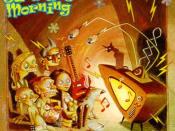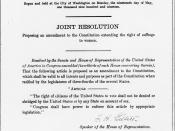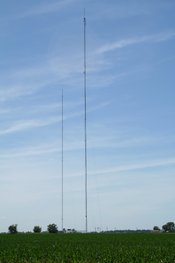Television Auditing In our modern day, it is quite evident that violence is becoming more prevalent on television. From prime time television to Saturday morning cartoons, graphic natured programming is everywhere. The question in this predicament is not one of a black or white nature, it cannot be amended by a blunt regulation, it must be decided by the populace. Is violence in the media acceptable for common disposal on TV? When society is exposed to acts of any variety, after a certain point we become blindly accepting of them. This principle also holds true with violence. We see so many violent acts, both simulated and real, that it does not phase us in the least to see them when they really happen. Often times, kids actually praise them. Take for instance the example of South Park, as funny as some might think it, there are countless acts of violence in each episode, yet whenever one of the characters is mortally bludgeoned, the mindless masses cheer with their angst-ridden acceptance.
Many complain that TV is lax when deciding what will be appropriate for their children to watch. The catch here is, aside from FCC regulations, most of what we see is protected by the producer's First Amendment rights. We cannot just pull the plug because on person feels that the programming is objectionable, to take appropriate action people must cooperate and act in a civil manner in attempts to have their programming corrected.
We must not rely on the "government"ÃÂ to audit television for our children or those who find the material objectionable. It is the responsibility of the people as members of a Democratic society to inform the source of their dislike. They must, if action is desired, petition and as as a group with their contemporaries in a fashion to have the programming changed. If the attempt at getting the network to stop airing the program fails, then it is the sole responsibility of the parents to regulate the television for the children. Blaming TV is not a scapegoat for a lack of involvement in the lives of our children.
There is nothing wrong with objecting to material to subject matter that is shown on TV. The catch to this is however, that we cannot rely on the government and other regulatory commissions to be the watchdogs. If we as citizens want something off the air completely, we must let it be known, and structure our position with others who share the same feelings, and if all else fails, it is up to the decision making populace and the parents to regulate what is viewed.





